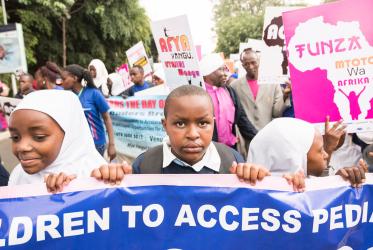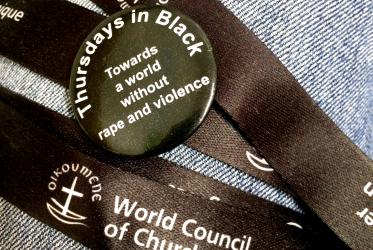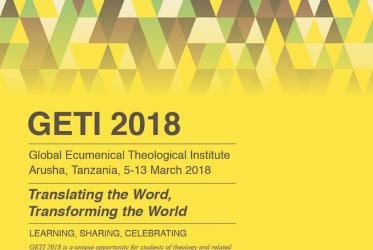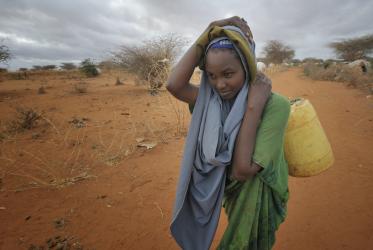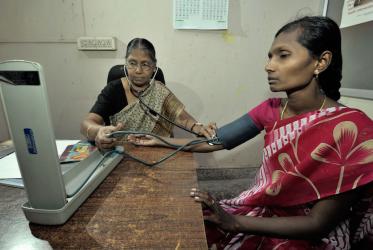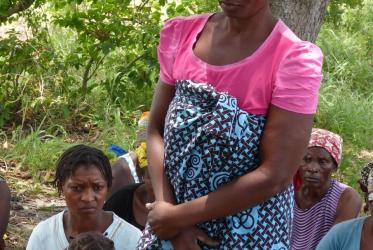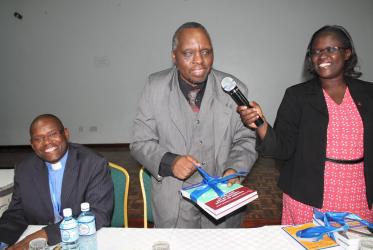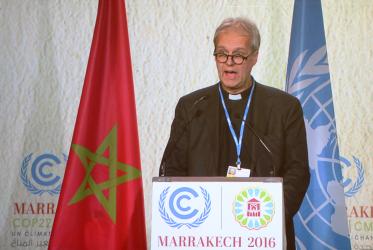Displaying 101 - 120 of 191
Applications open for WCC Eco-School
10 May 2017
UN discussion focuses on women, HIV and property rights
21 March 2017
“It’s time to be brave, to form diverse partnerships”
02 March 2017
Seven weeks of Lent highlight water crisis in Africa
01 March 2017
“Health and healing for all people, that is the challenge”
28 February 2017
Bossey’s new missiology professor shares world of Africa and Europe
01 February 2017
Food and land justice focus of Mozambique workshop
19 December 2016
New theological materials offer fresh perspective on disabilities
08 December 2016
Water justice focus of consultation in Nigeria
29 November 2016
